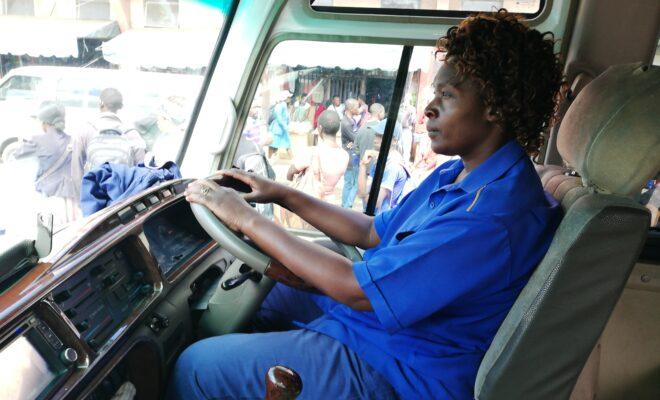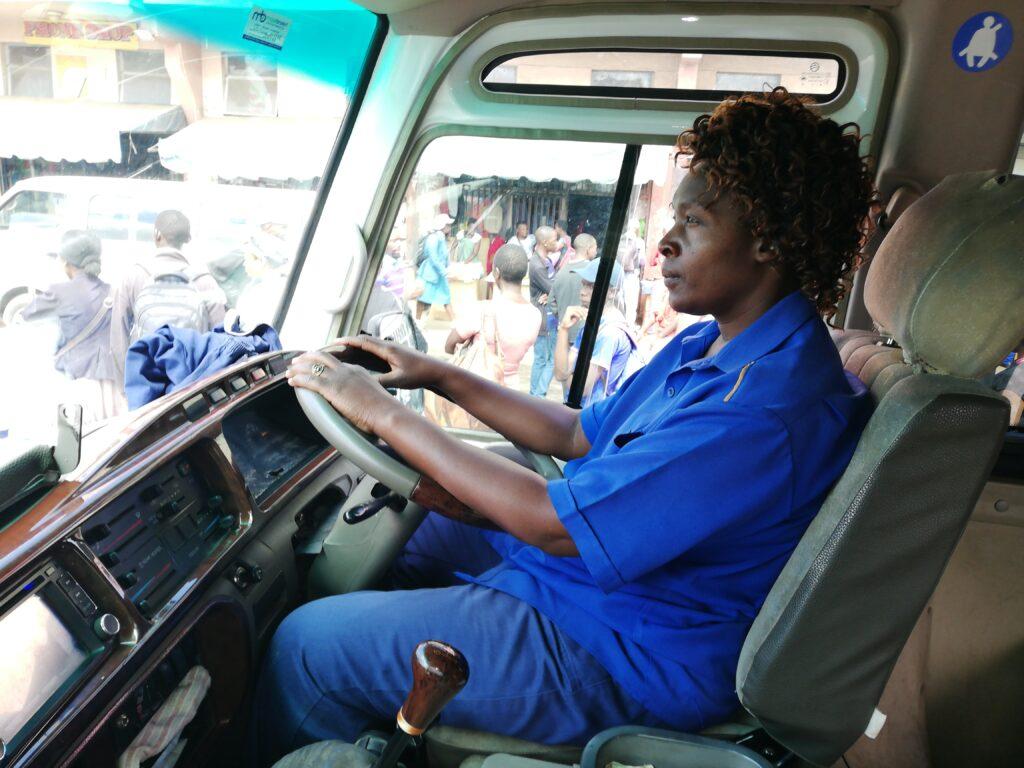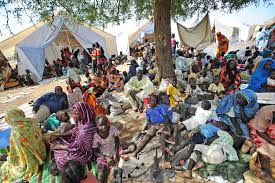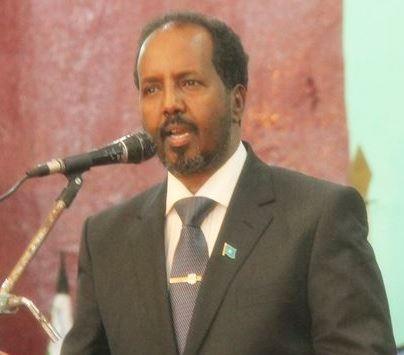Equality at the wheel: Zimbabwe’s female bus drivers

Just a few years ago, men dominated Zimbabwe’s public transport sector. Not anymore.

Eskina Mukamba recently joined the Zimbabwe United Passengers Company as a bus driver. Credit: Farai Shawn Matiashe
When it rains in Harare during rush hour, chaos usually follows. This was certainly the case one afternoon as Market Square swarmed with people. Some ran to find cover from the downpour. Others hurried to board buses.
When Rumbidzai Manyanga arrived at her 65-seater bus destined for the high-density suburb of Budiriro, the crowd was wet and fed up. Seeing the conductor approach, they rushed towards the door.
The 24-year-old had to maintain all her composure as she managed the impatient commuters. She asked everyone to calm down, reassuring them that everyone would be able to get on board. She sorted the queue into those with prepaid tap cards, who got on first, before dealing with those paying by cash.
Manyanga is an employee of the Zimbabwe United Passenger Company (Zupco), a parastatal that was resuscitated in early 2019 to ease the country’s transport problems. To date, its fleet contains over 1,000 buses and omnibuses. Its staff force contains thousands of drivers and conductors. Half are women.
This is a remarkable fact in Zimbabwe where public transport jobs have long been the preserve of men. Given this, applying for the role was a tough decision for Manyanga.
“I was afraid to apply for the role but I later became bold enough to try it,” she says. “Some friends could laugh at me saying I was doing a masculine job.”
The first days of the job in June 2019 were particularly difficult and Manyanga was called insulting names by customers. “Working with the public is not an easy task. I had to be strong,” she adds.
According to Zupco, there is now the same number of men and women working for the organisation. This is a big change from just a few years ago. When Eskina Mukamba, 45, started driving a bus from the city centre to Machipisa in 2016, there were hardly any female bus drivers. Some commuters would refuse to board her bus.
“Some people lacked trust in me as their driver. They could not board the bus, fearing for their lives,” she says.
Mukamba believes the recent increase in female drivers has changed these perceptions. Commuters are getting used to seeing women at the wheel of buses, while employers treat them equally to their male counterparts. Both men and women work from 5am to 9pm four days a week and are paid about 1000 Zimbabwean dollars ($35) a month. “We are treated the same,” she says.
Evaristo Madangwa, Zupco’s acting CEO, echoes this. “There are no inequalities. We give them the same salaries and working hours,” he says. “We want to adhere to the Constitution which calls for 50/50 gender equality.”
Staying driven
According to Wadzanai Vere, executive director of the Self Help Development Foundation, the increase of women occupying previously male-dominated spaces is the result of efforts spanning several decades. Some of these took the form of legal challenges such as the passing of the Legal Age of Majority Act in 1982 and amendments to the Constitution in 2013.
Vere, however, emphasises how far there is still yet to go and the many barriers still facing women in Zimbabwe. “Despite all the efforts by various actors and authorities, the effect of socialisation, religion and culture continue to negate the dividends earned over the years,” she says. Among other things, there is clearly a still a big challenge in convincing communities that women can do jobs previously associated with men.
This is certainly the case in the public transport sector, though some believe that women might actually have an advantage when it comes to driving buses.
Tafadzwa Goliathi, president of Passengers Association of Zimbabwe, suggests that female bus drivers are more likely to follow traffic rules and are less accident-prone than their male colleagues. Tatenda Chinoda, a spokesperson for the Traffic Safety Council of Zimbabwe, concurs that no major traffic incidents since 1980 has involved a female bus driver, but adds out that women have not driven buses in large numbers until very recently.
Drivers and female bus conductors like Manyanga and Mukamba, however, tend to be more concerned with other records. Having seen so many women join the ranks in recent months, Mukamba says she will work tirelessly to ensure that even more women now take up the roles in the public transport sector.
“I wish to become a trainer for drivers in the coming years and provide driving mentorship to young women,” she says.







I love this story! I wish we had more female bus drivers in Kenya… I’m sure the roads would be safer.